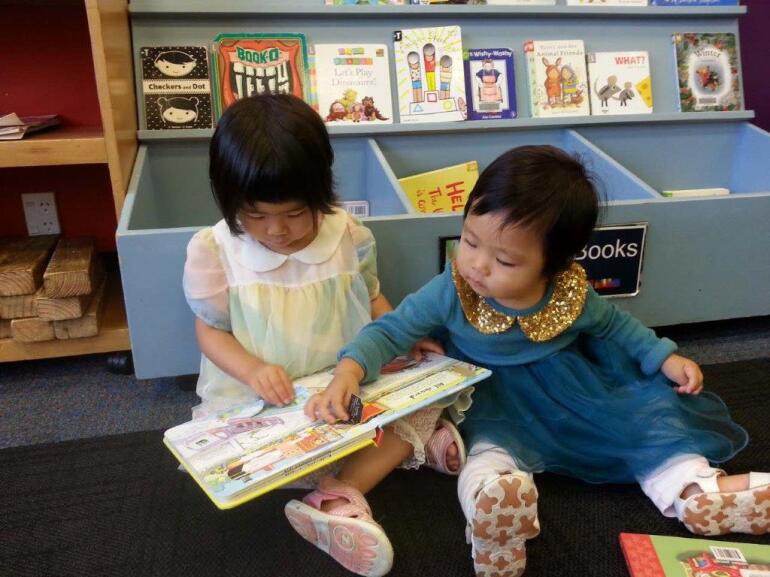News And Events

Supporting Early Literacy
25 September 2020The first thing that comes to mind for most people when they think of reading/early literacy skills that it only happens when you pick up a book. However, reading a book is not the only way to help your child learn literacy skills.
One of the best ways to support literacy skills is by talking to children all the time about what is happening in their daily life. Children need to hear lots of different words each day so over time they can practise and develop their language and vocabulary. Ask lots of open-ended questions; this will increase their use of vocabulary – instead of “are you ok?’ ask “how are you feeling today?”. The second question requires the child to actually think about the question further before they reply.
Some simple ways in which we can help children with early literacy skills are:
- Be patient - all children learn at different stages and ages.
- Make reading time fun and enjoyable.
- Read together on a regular basis. Involve the child in the story – ask them questions about what is happening in the pictures as you are reading to them. Ask them about the colours, the actions the objects, etc. Regularly reading with your child helps to develop their love reading, which is the best way to support them for literacy success.
- Singing songs/rhymes, actions, and movement songs. The rhymes help the children to hear the word which can increase their awareness of seeing the word and reading; the actions will help children to link the action to the word.
- Simple word games with the picture and the name of the object underneath helps the child to start to connect the word to the picture. Ask them the name of the object. When you are out and about or at home, point out letters and words that children can see around them and help them to make connections.
- When out on walks in the community, chat along with children about what you see and hear.
- Provide relaxed time for children to use their imagination to tell (or re-tell) a story in their own words.


